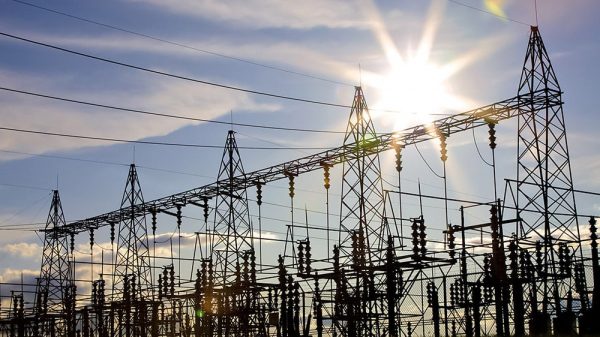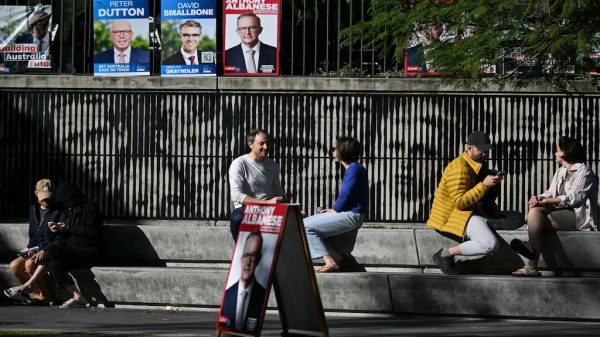Load-shedding exceeds 1,500MW in Bangladesh as India’s Adani cuts generation

Shawdesh Desk:
Load shedding exceeded 1,500MW on Friday after yet another power producer, the Adani power limited, cut its production due to non-payment of bills.
Grappling with a dollar crisis for more than two years, Bangladesh’s dues to power plants jumped to over Tk 43,000 crore in July. Adani’s outstanding bill stood at Tk 3,284 crore at the end of the last fiscal year after the Indian power company was paid over 64 per cent of its dues.
The monthly bill of Adani increased by about a third in the new fiscal year since the company decided to follow the power purchase agreement instead of the supplementary deal it reached with the immediate past Sheikh Hasina government.
The supplementary deal came last year after it was revealed that Adani’s coal was costlier than other similar power producers owing to some unequal privileges given to the Indian company in the power purchase agreement.
Adani last month gave the Bangladesh Power Development Board a deadline until the end of October to clear its outstanding bill of over Tk 10,000 crore.
‘Adani cut its power production to almost a third to 500MW on Thursday before increasing it to around 700MW,’ said Power Development Board member Khandaker Mokammel Hossain.
Adani’s installed capacity is 1,496MW, produced in two units.
After Adani shut down one of the units, load shedding soared to 1,685MW at 1:00am on Friday with Bangladesh producing 11,336MW against the demand of 13,100MW.
Immediately after Hasina fled to India after the fall of her government in a student-led uprising, India changed its power export rules allowing Adani, which set up its Jharkhand power plant exclusively for producing power for Bangladesh, to sell electricity domestically.
In the letter giving the deadline, the Adani Power Jharkhand Limited said that it would seek remedial action under the power purchase agreement by suspending the power supply if the outstanding bills were not paid.
The company also said that the PDB had neither provided a letter of credit for $170.03 million from Bangladesh Krishi Bank nor cleared the outstanding bill of $846 million.
Earlier in September, the group’s chairman Gautam Adani had written to the interim government of Nobel Laureate Muhammad Yunus to clear his outstanding power bill of $800 million.
Officials at the power development board’s finance division and power experts repeatedly said that an unequal power purchase agreement patronised between Sheikh Hasina and Narendra Modi brought Adani into the country’s power scene, allowing the company to manipulate coal price.
The power purchase agreement, better known as PPA, allowed Adani Power to generate electricity in its 1,600MW Godda power plant by burning coal carrying a calorific value of 4,600 kcal/kg, but charge Bangladesh for the use of a higher quality coal with 6,322 kcal/kg calorific value.
Coal prices greatly vary depending on quality. Adani was also allowed to mix the Indonesian and Australian indexes to charge an average coal price. Australian coal is far better in quality than Indonesia and thus costlier.
The PPA signed with Adani also spared the company of the discount provision that other similar power purchase agreements had to give as a protection against sudden increase in coal prices in the international market.
Another reason behind driving up Adani’s coal price is its transportation. The coal price includes the cost of importing coal via sea from Indonesia or Australia, the cost of port, and the cost of transporting the imported coal from the Indian port to Jharkhand involving a journey of 800km. The ports and shipping of coal are managed by Adani-related companies.
The power plant was set up in Godda, India’s one of the largest coal producers, with an investment of $2 billion. The power plant will earn $12 billion in its 25-year lifetime.
PDB officials said that the dollar crisis made it difficult for them to clear Adani’s payment. They said that they had a certain amount of money deposited with the central bank which could not be paid due to the persistent dollar crisis.
The closure of a unit at Adani’s Jharkhand power plant deepened Bangladesh’s energy crisis.
On Friday, a total of 23 gas-based power plants worth 4,466MW were either fully or partially shut down because of fuel shortage. Similarly, 27 oil-based power plants worth 3,541MW were out of operation or partially operated due to oil shortage.
Coal shortage also affected production in three power plants worth 3,628MW.
The affected plants included some brand new major power plants the construction of which required Bangladesh to borrow large sums of money from foreign lenders.
The list of power plants completely out of operation included 1,150MW coal-based Matarbari power plant, gas-based 584MW Meghnaghat Unique power plant, and 583MW gas-based Summit-Meghnaghat power plant.
The power plants in partial operation included 1,224MW coal-based Salam power plant, and 1,234MW coal-based Rampal power plant.
Bangladesh’s current installed capacity is 27,791MW, but the country is struggling to generate even 13,000MW.
‘The crisis will improve soon with the winter setting in,’ said Mokammel.
The Bangladesh Meteorological Department expects the temperature to start dropping in the second half of November.























Leave a Reply